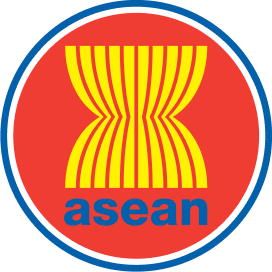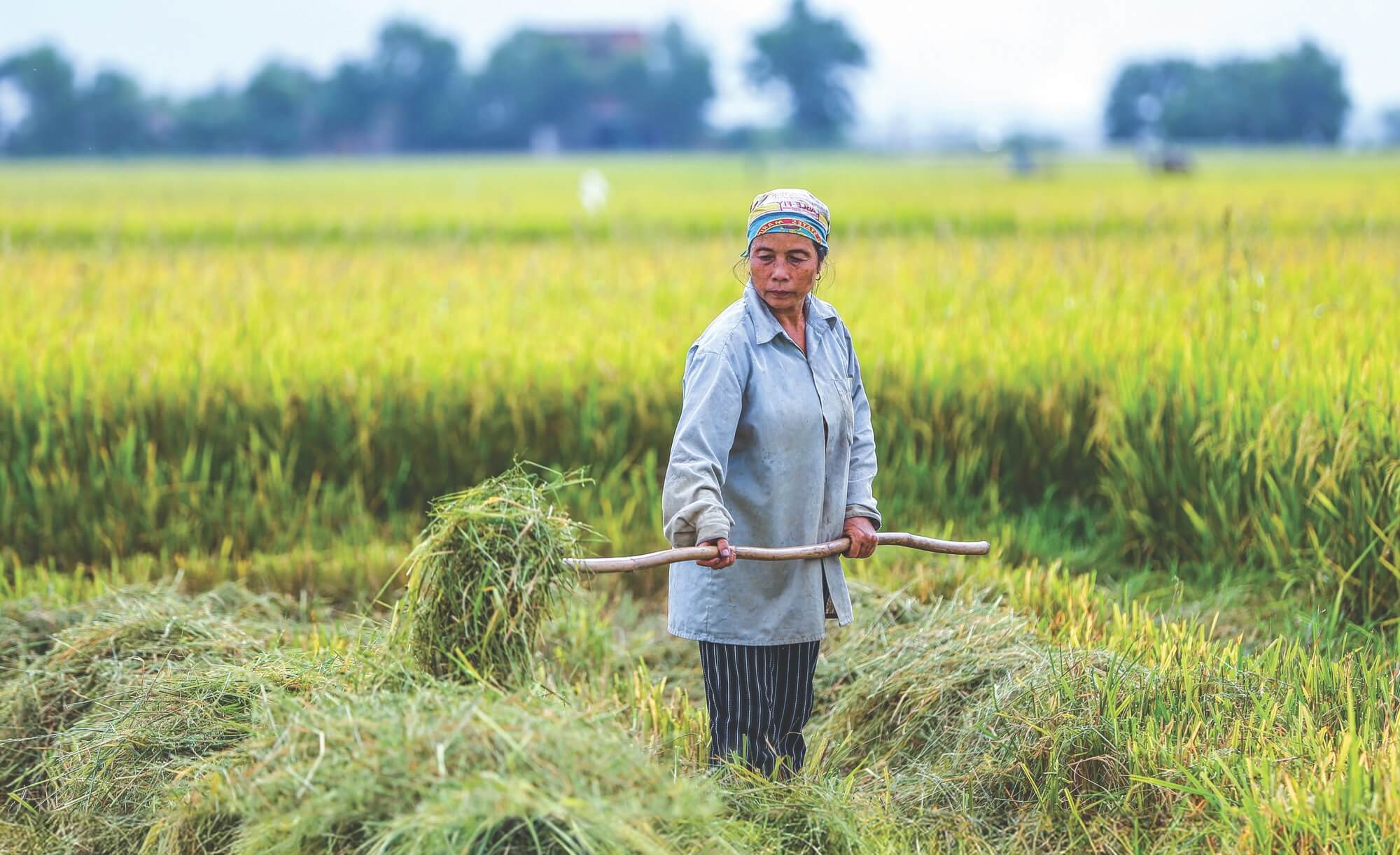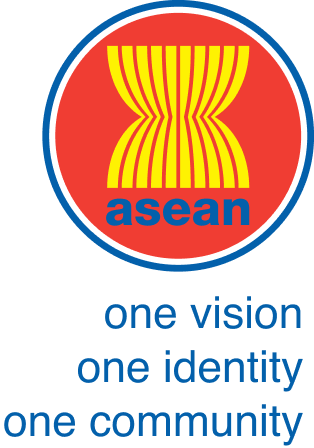
The purpose of this ADO has been to discuss ASCC’s policy response to foreseen challenges and to highlight potential future ones. Given the documentation available, this has generally been limited to an overview of policy approaches, rather than implementation or impact.
The ASEAN bloc has evolved into one of the most dynamic economic regional groupings in the world but member states continue to face a number of socio-economic challenges including pockets of persistent inequality of access to good quality education, health and social protection; decent work deficits; and low provision of social protection. There also appear to be a number of less visible challenges, including the aspirations of youth; social protection and skills’ provision for an ageing population; obesity and mental health; and the silent voices of disadvantaged groups.
Whilst the ASEAN region is well placed to building the economic pillar of sustainable development, addressing the social and environment ones is proving much more problematic. Economic development is inherently an unequal and contested process. It benefits some but leaves others stranded in structural “capability traps” whereby any amount of effort does not lead to any improvement in livelihoods.
Inclusive sustainable development requires a collective forward-looking approach that recognises the importance of human and institutional adaptability and the freedoms of all individuals to escape these traps in order to live their lives in ways they deem valuable.
Using a Socially Embedded Capability Approach (SECA), the ADO highlights the importance of the intersecting nature of the barriers to developing human capability at the individual and community level – particularly amongst vulnerable groups. The ADO’s findings have been structured in terms of four inter-related themes that reflect the divisional priorities of the ASCC: Identity; Environment; Livelihoods and Social Welfare. Each is overlain with four drivers of change: Demographics; Migration; Climate Change and the Fourth Industrial Revolution which will create significant opportunities and risks for the current and future ASEAN population.
Whilst each Theme has specific Key Findings, this cross-thematic approach reveals a number of commonalities.
The first echoes the ASCC’s focus on Inclusivity as both a means and end of human development. A more inclusive ASEAN will be better equipped to deal with current and emerging challenges. Inclusion must be main-streamed, it cannot be an afterthought. Inclusivity means much more than labour force participation or school enrolment. The development of a stronger sense of community identity (including at the regional level) can be instrumental in this but a sense of belonging comes from participation, rather than instruction. An inclusive community embraces and accepts the individual’s right to adopt multiple identities and ensures that they have the freedom to choose a life that maximises their capabilities in ways they deem appropriate.
The improvement of climate change resilience must be founded on equitable dialogue with vulnerable communities and investment in capacity building at multiple levels. A truly inclusive educational system equips all children with the skillset to expand their ability to lead healthy, productive and meaningful lives. However, children of different backgrounds and abilities are often segregated and the hidden learning and social difficulties of some remain invisible. Similarly, vulnerable groups may be included in the workforce but participate on unfavourable terms which leave them bereft of skills or social protection. The Covid-19 pandemic has provided ample evidence of the social and health consequences of inequitable terms of inclusion.
In order to foster meaningful inclusion, we need to understand the multiple dimensions of barriers of exclusion and how these frame the restrictive terms of inclusion. Each ADO theme highlights the multiple levels of exclusion: age, ethnicity, sexual orientation, location (rural versus urban), employment relations (formal versus informal) and migrant status. This applies equally to exposure to the impacts of climate change, as it does to access to quality education, health and social protection.
Inclusivity can be fostered through a people-centric focus to enhance local capabilities to design and implement solutions that reflect best-fit, rather than necessarily best practice. While the ASEAN region has developed external linkages, there is scope to deepen internal ones. Rather than look for global best practices, the ADO advocates the adoption of a research approach which is socially embedded in its design, implementation, and evaluation. This incorporates unique local perspectives in dealing with cross-cutting challenges and can thereby contribute to the emergence of more sustainable solutions.
This approach is founded on the frequent collection of relevant contextual dis-aggregated local data and the capabilities at local government and village level to understand, implement and evaluate solutions. It will also require active engagement from the region’s research community across multiple disciplines.
Whilst ASEAN appears to have made some progress, there are areas where changes to policy procedure may facilitate greater effectiveness, transparency and ownership. Several workplans make reference to exchange programmes and workshops, for example but it is unclear if these are reserved for academic students, skilled migrants, village leaders and pre-selected NGOs, rather than a true representation of society.
Moreover, there seems to be a rudimentary system of evaluating whether activities have achieved their objective and a conflation of inputs, activities, outputs and outcomes. For some workshops, for example, many KPIs simply observe that ‘objectives of the workshop have been met.’
The ASEAN TVET Council established in June 2020 promises to more effectively integrate across divisions within ASCC and between ASCC and AEC. However, its potency is heavily dependent upon a similar ethos being adopted at national level.
The Master Plan on Connectivity provides a useful overview of inter-connected priorities but its lens is unequivocally economic and technical, rather than social.
The implementation of inclusive evidence-based policy making is underpinned by a strong central vision that co-ordinates and empowers. This dovetails with the ASEAN mode of mediating relations between member states. The ASEAN Secretariat can orchestrate an evidence-based participative development approach by taking a more active role in mainstreaming the social dimension and integrating development efforts across its own divisions and thereby setting an example to member governments.
To read the full report, please download to the link above.








